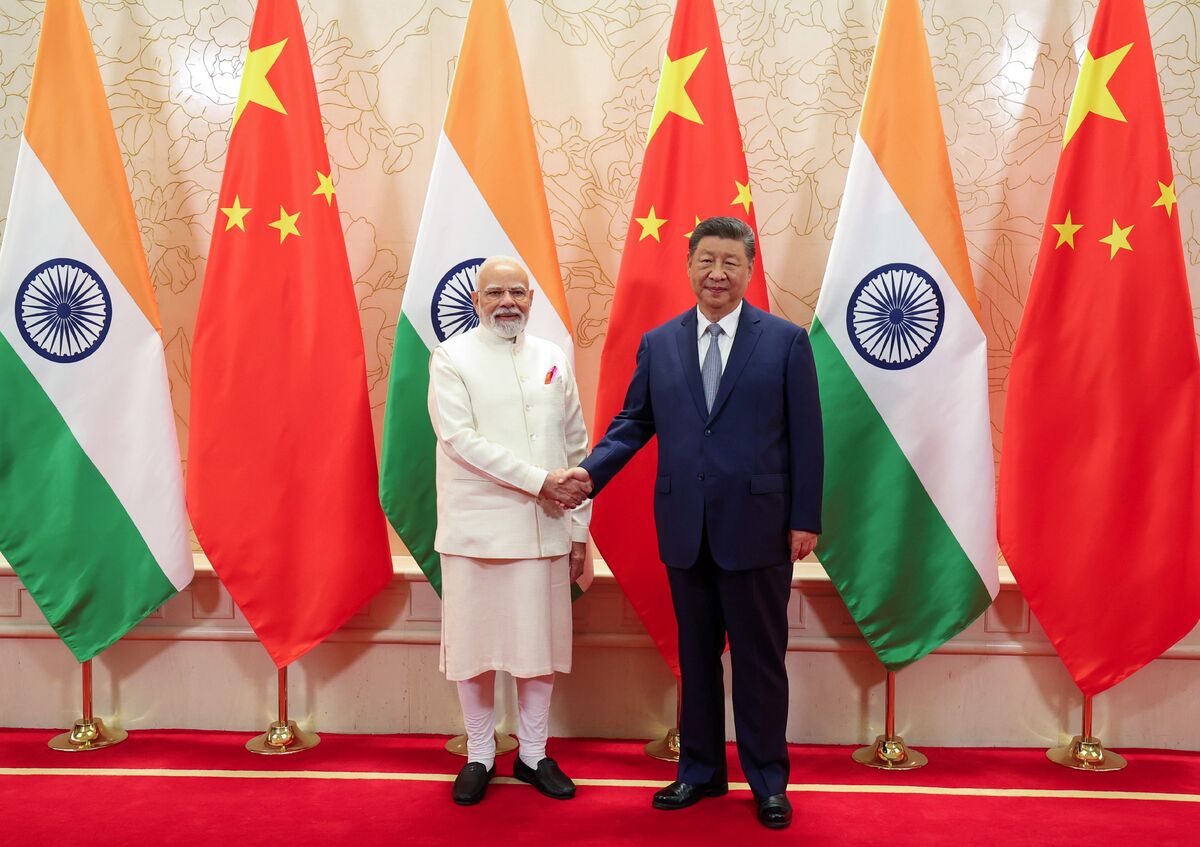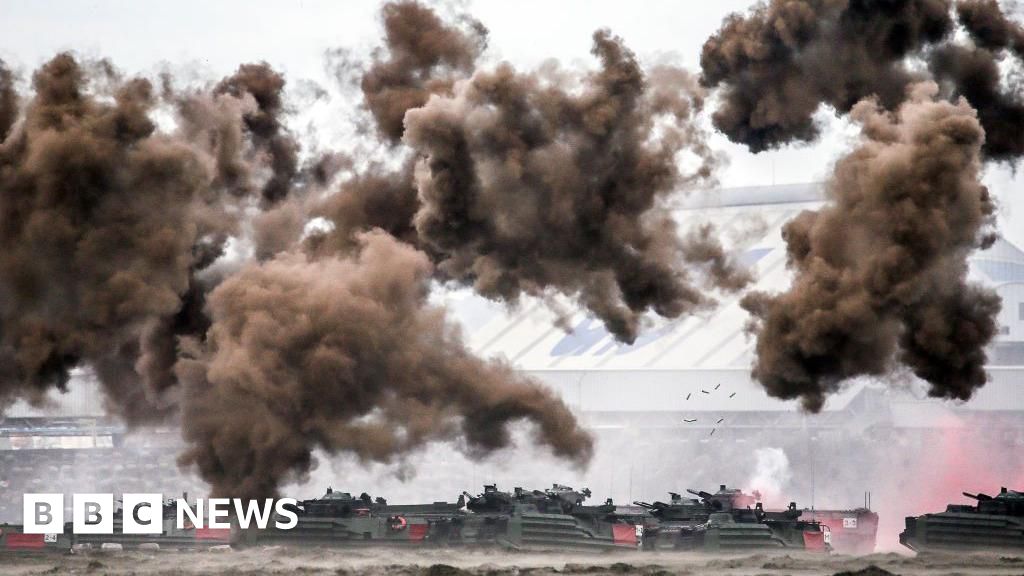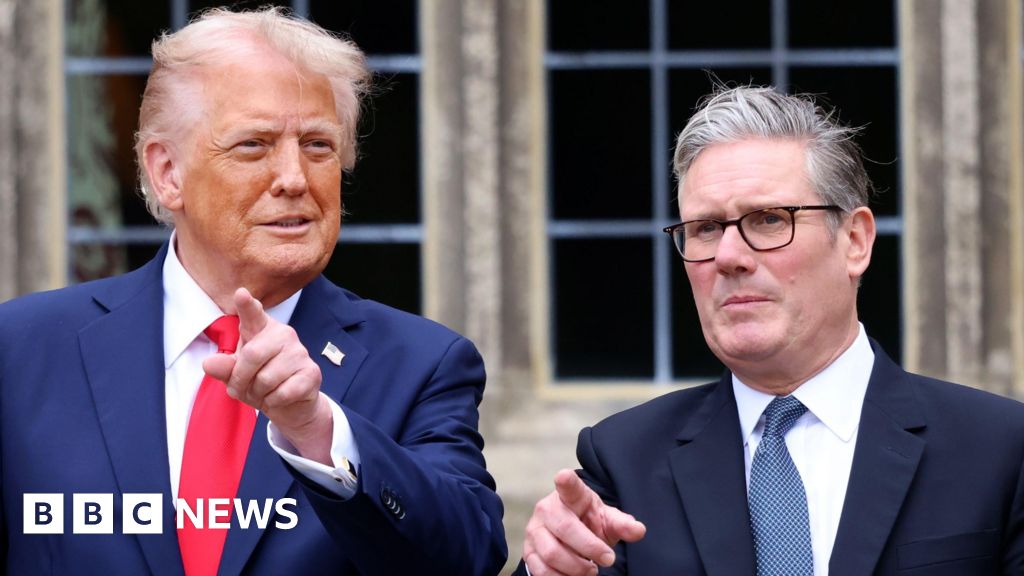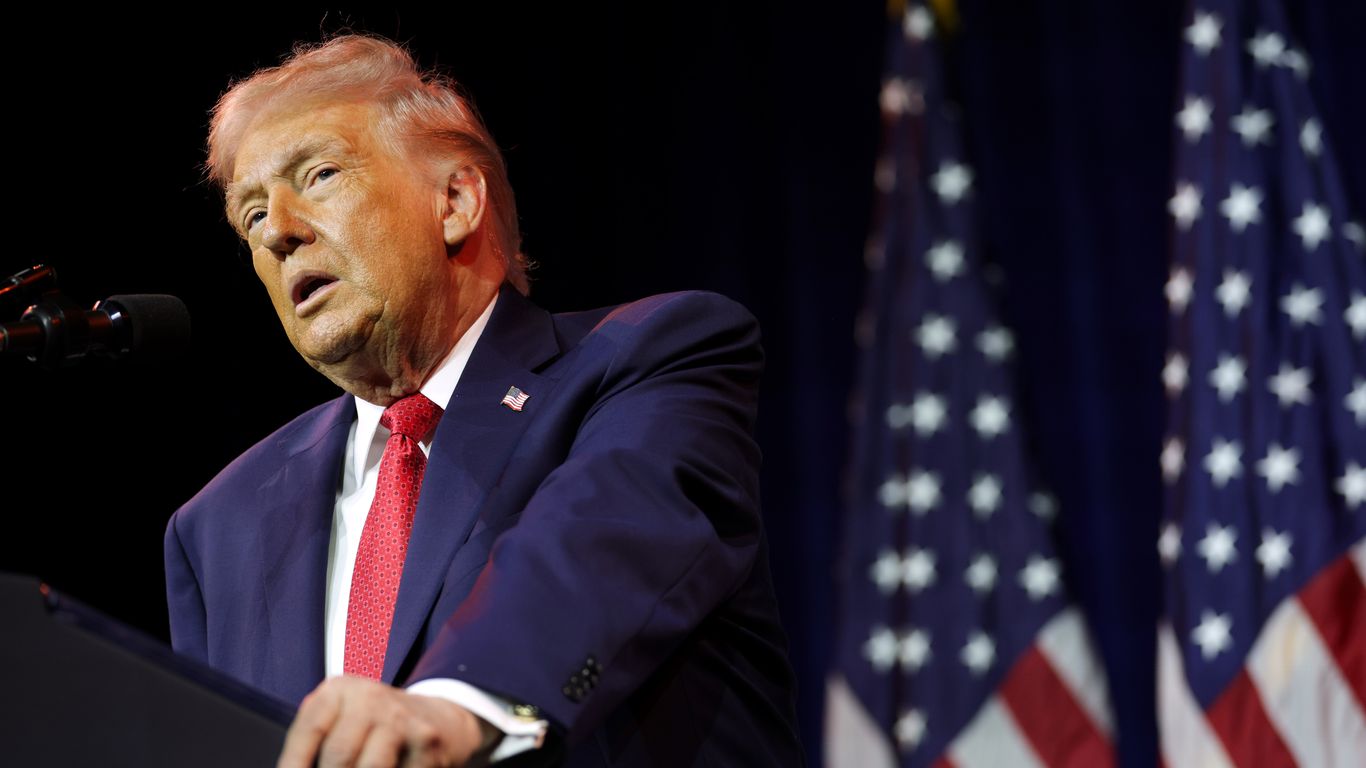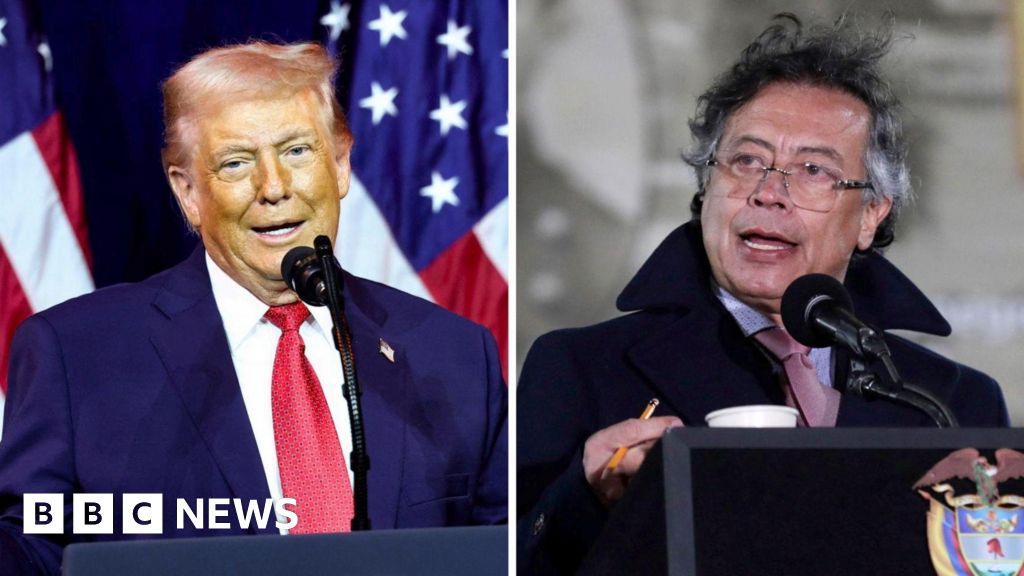China's Attempt to Rewrite History and Its Implications for the Global Political Landscape
#china #united states #world war ii #tensions #historical revisionism

Introduction
As China commemorates the 80th anniversary of the Japanese surrender in World War II, the country is also attempting to rewrite history by downplaying the role of the United States in the victory. This is a significant move, especially as tensions between China and the U.S. continue to escalate in recent years. The Washington Post reports that Beijing is emphasizing Moscow's role in defeating Japan, while minimizing U.S. contributions.
Key Details
China's revisionist efforts are evident in its textbooks and official statements, where the U.S. is mentioned only briefly and often in a negative light. This is a stark contrast to the widely accepted narrative of the U.S. being a key ally in the defeat of Japan. It is also worth noting that China and the U.S. were once allies during the war, but their relationship has since shifted dramatically. In addition, China's actions have sparked criticism and concern from other countries, particularly Japan and South Korea, who also played significant roles in the war.
Impact
This move by China has significant implications for the global political landscape as it highlights the country's growing confidence and assertiveness. It also raises concerns about historical revisionism and the manipulation of facts in the pursuit of national interests. As the U.S. and China continue to clash on various issues, this rewriting of history may further strain their already tense relationship
About the Organizations Mentioned
Washington Post
The Washington Post is a leading American daily newspaper headquartered in Washington, D.C., known for its influential political reporting and broad national audience. Founded in 1877 by Stilson Hutchins, it initially struggled financially and editorially until 1933, when financier Eugene Meyer purchased it out of bankruptcy and revitalized its reputation. The paper’s guiding principle, established by Meyer, was to "tell ALL the truth so far as it can learn it," setting a standard for rigorous journalism[1][2][4]. Under the leadership of the Meyer-Graham family—particularly Philip Graham, Katharine Graham, and later Donald Graham—the Post became a dominant force in American journalism. It expanded by acquiring rival publications and became Washington's principal morning newspaper, eventually holding a near-monopoly status in the region[1][4]. The paper gained international prominence for its pivotal role in publishing the Pentagon Papers in 1971, which exposed government deception regarding the Vietnam War, and for investigative reporting by Bob Woodward and Carl Bernstein during the Watergate scandal, which led to President Richard Nixon’s resignation in 1974[2][5]. The Post has earned 76 Pulitzer Prizes, ranking second only to The New York Times, and is regarded as a newspaper of record in the United States. Its journalists have received numerous prestigious awards, including Nieman Fellowships and White House News Photographers Association honors, reflecting its commitment to excellence in political and investigative journalism[2][5]. In 2013, the Graham family sold The Washington Post to Jeff Bezos, founder of Amazon, for $250 million, ushering in a new era focused on digital innovation and expanding its digital subscriber base, which reached 2.5 million by 2023. Despite a decline in print subscribers to below 100,000 by 2025, the Post remains a key player in business and technology news, maintaining foreign bureaus in London and Seoul to provide comprehensive global coverage[2]. Notable for its histori
Beijing
Beijing is not an organization but the capital city of the People’s Republic of China and a major global center for politics, culture, economy, and technological innovation[1][4][7]. With a population exceeding 22 million as of 2025, it is the world's most populous national capital and China’s second-largest city by urban area after Shanghai[1][5]. As a municipality directly governed by the central government, Beijing functions as the political heart of China, hosting all major national governmental institutions including the National People’s Congress. The city government is led by the Chinese Communist Party (CCP) Municipal Committee, with the CCP Secretary of Beijing being a key political figure and member of the Politburo since 1987[1]. The city is administratively divided into 16 districts, including urban, suburban, and rural areas[1]. Beijing’s history as a seat of power dates back centuries, and today it is renowned for its cultural heritage, boasting eight UNESCO World Cultural Heritage Sites, including the newly recognized Central Axis—the highest number worldwide among cities[2]. The city’s geography, nestled between the Taihang and Yanshan mountain ranges, adds to its historical and cultural prominence[4]. Economically, Beijing is a powerhouse with a projected Gross Regional Product (GRP) growth of about 5.2% in 2024 and the highest per capita GRP among China's provincial-level jurisdictions[2]. The city balances rapid economic growth with sustainability, maintaining the lowest energy consumption and carbon emissions per 10,000 yuan of GRP nationwide[2]. It leads in innovation and technology, ranking among the top three Chinese cities for innovation and smart city development, with advanced infrastructure like widespread 5G deployment and digital government services[3]. Beijing also actively promotes foreign investment and high-tech industries through initiatives like Beijing Economic-Technological Development Area (Beijing E-Town), which supports hydrogen energy, AI integration, and new-generation IT technologies
Moscow
The organization "Moscow" primarily refers to the city government and its associated administrative and developmental bodies responsible for managing Moscow, the capital of Russia and a major global city. Moscow serves as the political, economic, cultural, and scientific hub of Russia and Eastern Europe, with a population exceeding 13 million residents as of 2025[3][4]. The city's governance structure includes strategic planning, urban development, economic policies, and social partnerships aimed at fostering growth, innovation, and public welfare. Historically established in 1147, Moscow has evolved into one of the world's largest urban economies, featuring significant infrastructure such as the Moscow International Business Center, a major financial district with Europe's tallest skyscrapers[3]. Its administration manages complex urban challenges, including population growth, economic diversification, and service delivery improvements. The city government operates under a master plan—such as the Moscow Master Plan 2025—which guides urban expansion, construction, and social infrastructure to balance municipal needs with commercial development[1]. Key achievements include hosting major international events like the 1980 Summer Olympics and the 2018 FIFA World Cup, enhancing its global profile[3]. Moscow also maintains a significant environmental footprint, with over 40% of its territory covered by greenery, positioning it as one of the greenest megacities worldwide[3]. In recent years, the city government has emphasized economic development through investment strategies focusing on improving the investment climate, fostering high-tech industries, and increasing private sector participation via public-private partnerships[6]. Socially, Moscow has implemented the Trilateral Agreement (2025-2027) involving the city government, employers, and trade unions to boost welfare, regulate labor markets, ensure social protections, and improve working conditions[5]. Currently, Moscow continues to balance rapid urban growth with sustainable development, leveraging innovation and strategic leadership to enhance its status as a dynamic global city with a diverse economy and robust governance framework[2][6].
Japan
Japan is a highly developed island nation in East Asia with a population exceeding 123 million as of 2025, making it the 11th most populous country globally. Known for its technological innovation and economic strength, Japan ranks as the world’s fourth-largest economy and remains a key player in global trade and investment, notably as the United States' fifth-largest trading partner and the largest source of foreign direct investment to the U.S. in 2024[1][8]. Japan's history as a modern economic power began after World War II, rapidly transforming from a war-torn country to a global leader in technology, manufacturing, and innovation. It has excelled in electronics, automotive industries, robotics, and precision machinery, with a strong culture of research and development. Japan was ranked 12th in the 2025 Global Innovation Index, reflecting its ongoing commitment to technological advancement and innovation[5]. Despite these strengths, Japan faces significant demographic challenges. It has the world’s highest median age (48.4) and the fastest-aging population, with nearly 30% of its citizens over 65. The low fertility rate (1.2) and shrinking workforce pose risks to sustained economic growth and social welfare systems. Immigration reforms enacted in 2019 aim to alleviate labor shortages by protecting foreign workers' rights[1]. Economically, Japan experienced a slight GDP contraction in early 2025 amid global slowdown and inflation, but private investment, particularly in labor-saving technologies, grew robustly. Consumer spending is gradually recovering, and economic forecasts predict modest growth of around 0.7-1.1% through 2026, contingent on easing inflation and trade tensions, especially with the U.S.[2][3][4]. In governance, Japan scored below the OECD average on the Digital Government Index, highlighting room for improvement in digital public services despite strengths in digital design[6]. Politically, Japan maintains a stable, democratic society with high levels of personal and internet freedom
South Korea
South Korea, officially the Republic of Korea, is a highly advanced and dynamic country located on the southern part of the Korean Peninsula in East Asia. It has transformed from a low-income nation into a global high-income economy known for its technological innovation and export-led growth. As of 2025, South Korea’s GDP reached approximately US$1.9 trillion, supported by robust exports totaling around US$684 billion, making it a major player in global trade, particularly in advanced memory chips and electronics[1][9]. Founded in 1948 under a constitution establishing a strong presidential system, South Korea today boasts a population of about 51.7 million, with Seoul as its vibrant capital city. It maintains a high standard of living, with a median age of 41.8 years and life expectancy of 82.5 years, supported by well-developed healthcare infrastructure[2]. The country’s political landscape is stable but has faced challenges, including a recent impeachment and martial law events in 2024–2025, reflecting ongoing tensions with North Korea and complex domestic politics[5]. South Korea’s economy is projected to grow modestly, around 0.8–1% in 2025, with government stimulus measures focusing on artificial intelligence and technology investments to counteract weak domestic demand and external risks such as US tariffs and slowing demand from China[1][3]. Its strategic diplomacy involves balancing relations with the US, Japan, China, and Russia amid shifting geopolitical dynamics in East Asia[4]. Technologically, South Korea is a global leader in digital government services, scoring significantly above the OECD average on the Digital Government Index (0.93 vs. 0.61), emphasizing data-driven governance and digital innovation[6]. Its business environment is attractive to foreign investors due to political stability, skilled labor, and world-class infrastructure[8]. Despite these strengths, South Korea faces ongoing social challenges, including discrimination against minorities and concerns over press freedom[5][7]. In summary
